When we read about electric vehicles, we generally learn that they are affordable, reliable, and, of course, exceptionally good for the environment. However, one mechanic says none of that is true.
Popular mechanic and YouTuber Scotty Kilmer made a video that has since gone viral. In it, he claims that the media is lying to consumers about electric vehicles, and he has evidence to set the record straight.
Who Is Scotty Kilmer?
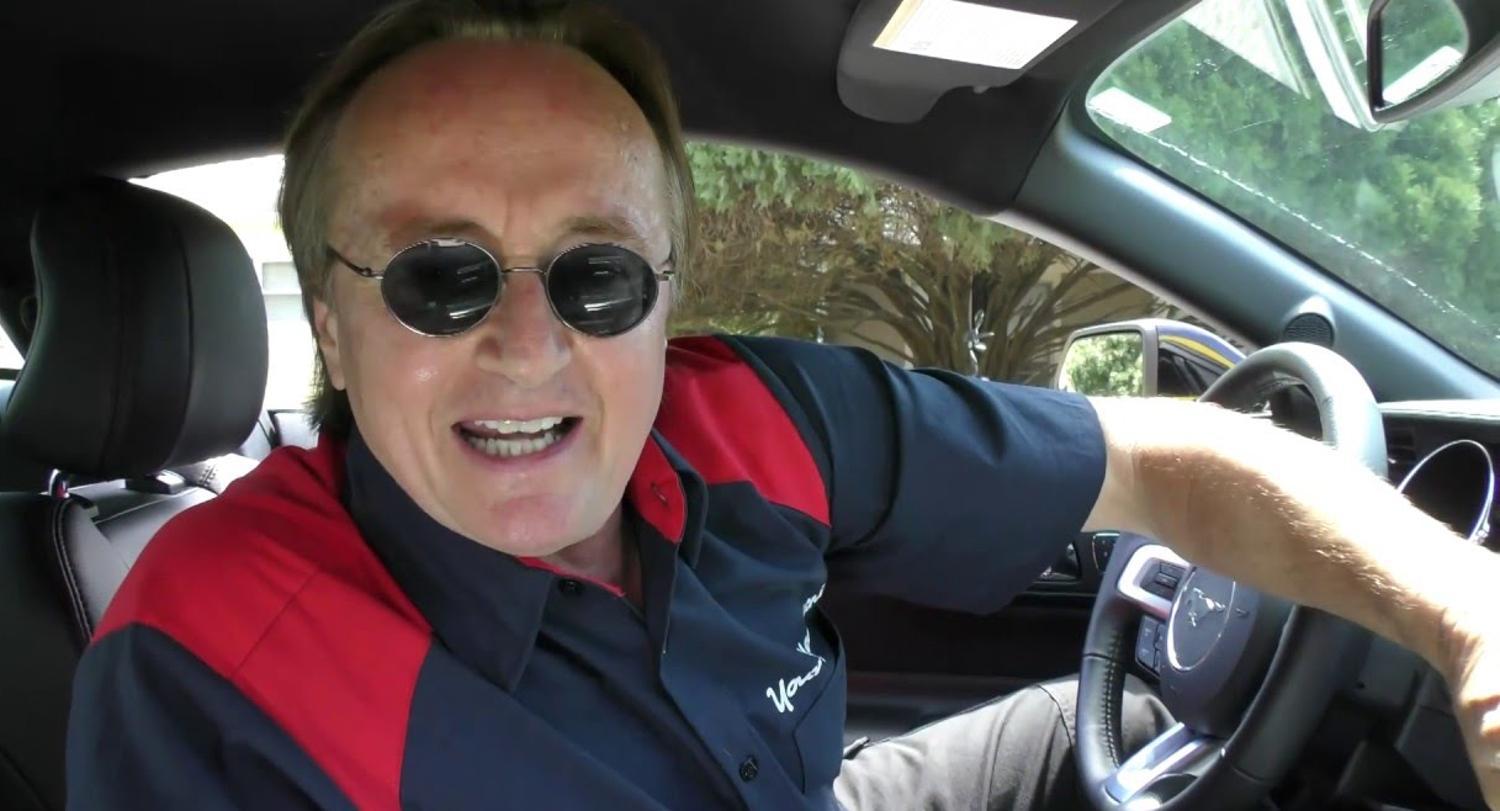
Scotty Kilmer has over 6.27 million subscribers on YouTube. In his more than 6,000 videos, Kilmer helps viewers learn the dos and don’ts of car maintenance, and he has become one of the most respected mechanics on the internet.
On June 25, 2024, Kilmer posted a video entitled “The Media Is Lying to You About Electric Cars, Here’s the Truth,” and the content is extremely interesting. Here’s what Kilmer had to say.
Electric Vehicles Don’t Just Run on One Battery
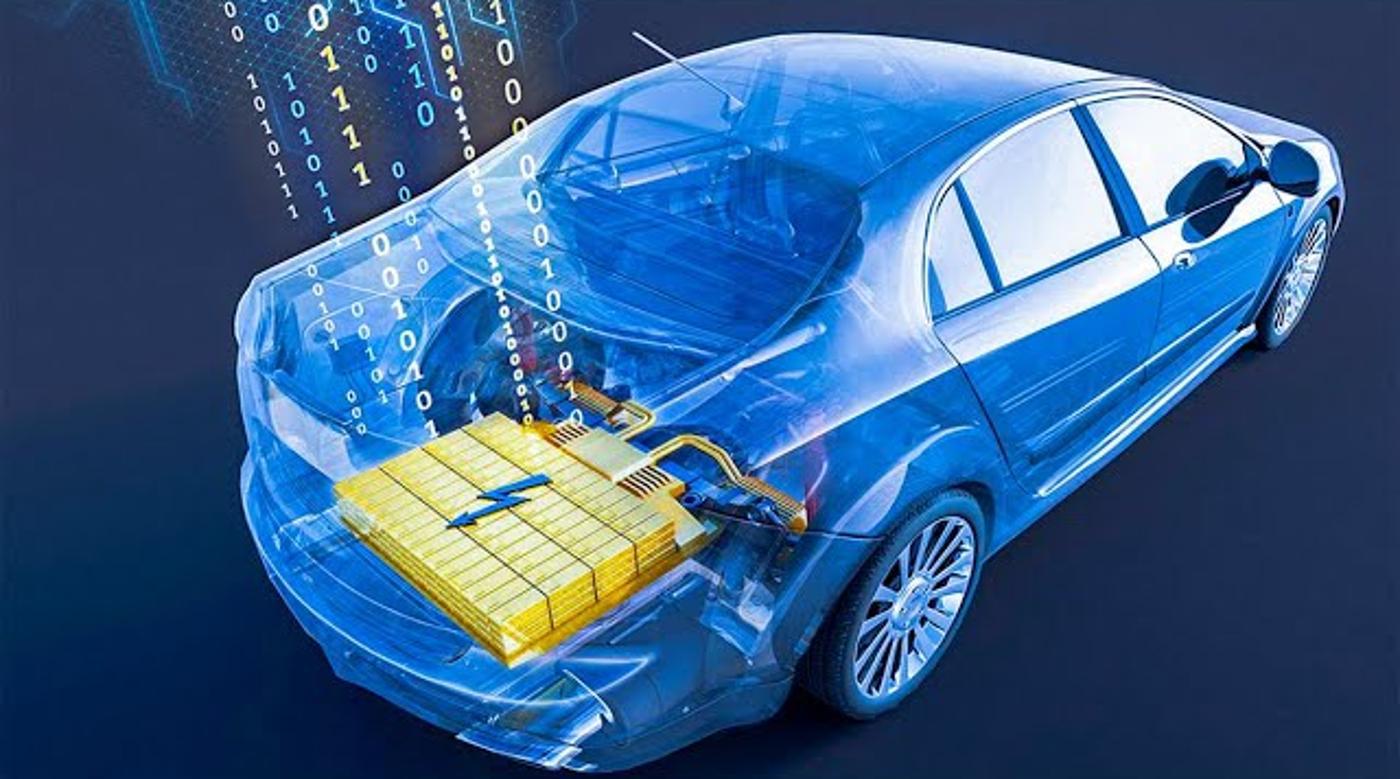
Kilmer pointed out that one of the major misconceptions of electric cars is that they run on just one powerful battery. He explained that while they do have one large battery, EVs also use several smaller batteries to power the internal electronics and start the car.
Kilmer noted that it’s crucial drivers understand this difference because they need to be sure that all the batteries are functioning properly so that they don’t get stranded somewhere when one fails.
Replacing Any of the EVs’ Multiple Batteries Is Expensive

The mechanic added that each of these multiple batteries is wildly expensive to replace. He used a BMW i3 as an example, stating that a replacement battery for this vehicle can cost anywhere from $18,000 to $20,000.
Kilmer said, “I believe this is a crucial aspect that potential EV buyers need to consider, as battery degradation over time is inevitable.”
Car Mechanics Charge a Fortune to Repair EVs

In addition to the exorbitant cost of replacement batteries and parts, Kilmer also explained that only certain mechanics with EV experience and specialized equipment, therefore drivers may struggle to find an expert in their area.
Also, the mechanics who can work on EVs charge a great deal more to assess and repair them than they do for gas-powered vehicles.
Some EVs Can Only Be Fixed at the Dealership
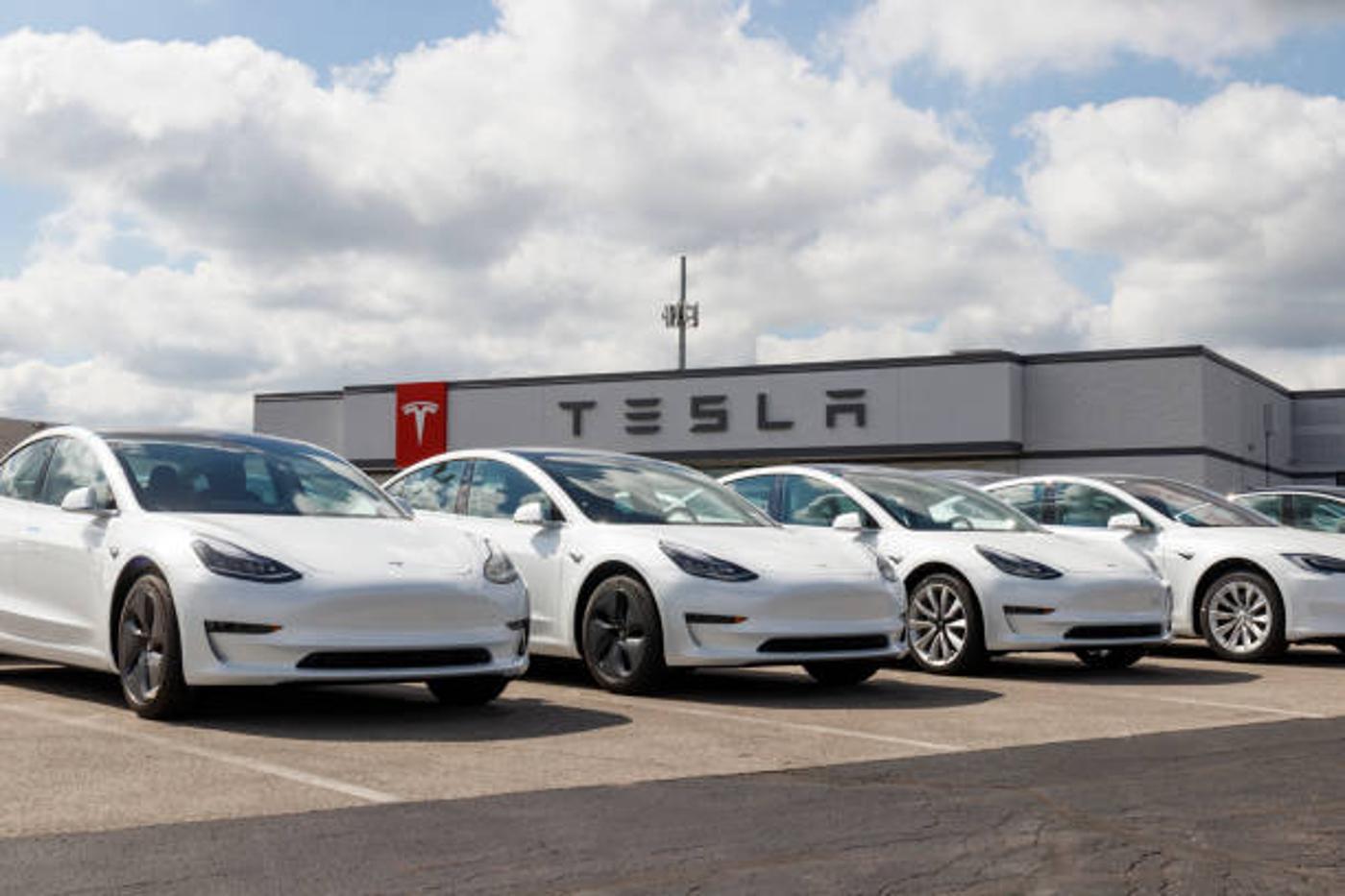
He also mentioned the fact that some EVs cannot even be fixed by a general mechanic, even if they have ample electric vehicle experience and the proper gear.
He gave the example that Teslas don’t have a standard OBD port, which means independent mechanics struggle to access diagnostic information. And, of course, getting the car fixed at a Tesla dealership is always going to be more expensive.
EVs Aren’t as Environmentally Friendly as the Media Says They Are

Kilmer also touched on the ongoing debate about whether or not EVs are actually as good for the environment as the media claims. He argues that EVs aren’t nearly as sustainable as one might think.
The production and disposal of the batteries, which are made from mined lithium, have a substantial environmental impact.
EVs Use a Lot of Energy
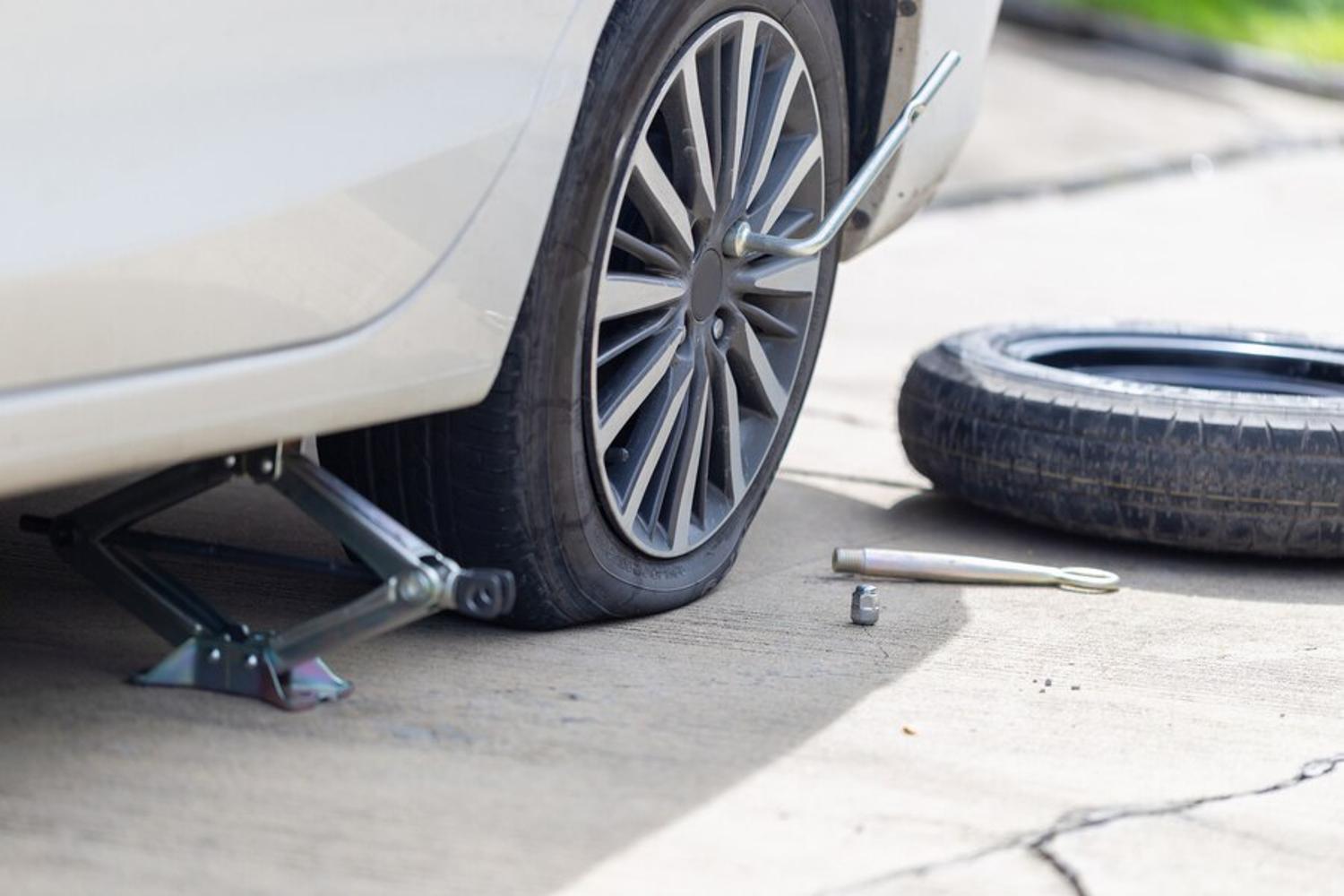
Kilmer also explains that because EVs wear down far more quickly than their gas-powered counterparts, they require more energy in the long run.
He also noted that the electricity needed to consistently charge an EV really adds up, and if America does transition to EVs as President Biden has promised, it could seriously strain the nation’s electric grid.
There Aren’t Nearly Enough Charging Stations
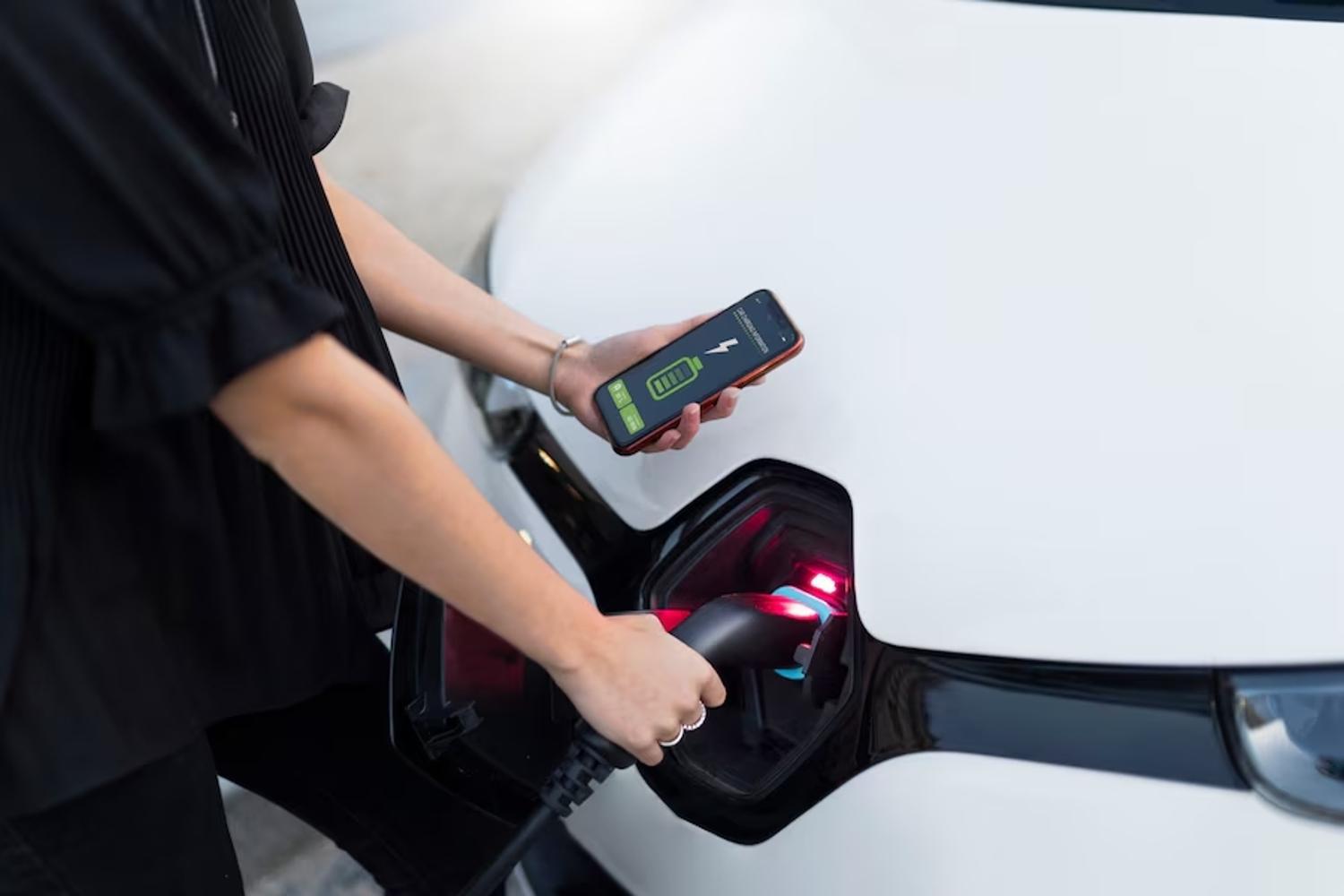
The mechanic also touched on the infrastructure issue. There aren’t nearly enough public charging stations throughout the United States to enable an EV driver to safely take it on a long-distance trip.
Kilmer says that at-home charges can cost thousands of dollars and may require adjustments to the house’s electrical system, making them impractical for most people.
Purchasing an EV Will Cost Drivers a Fortune

The general consensus of Kilmer’s viral video is that EVs are not economically viable. He says that in addition to the high initial costs, expensive maintenance and repair will cost owners more than they would save on fuel over the years.
Kilmer does mention that those interested in EVs may want to lease one first, as they would avoid the long-term financial risks associated with owning one.
Electric Vehicles Are Impractical
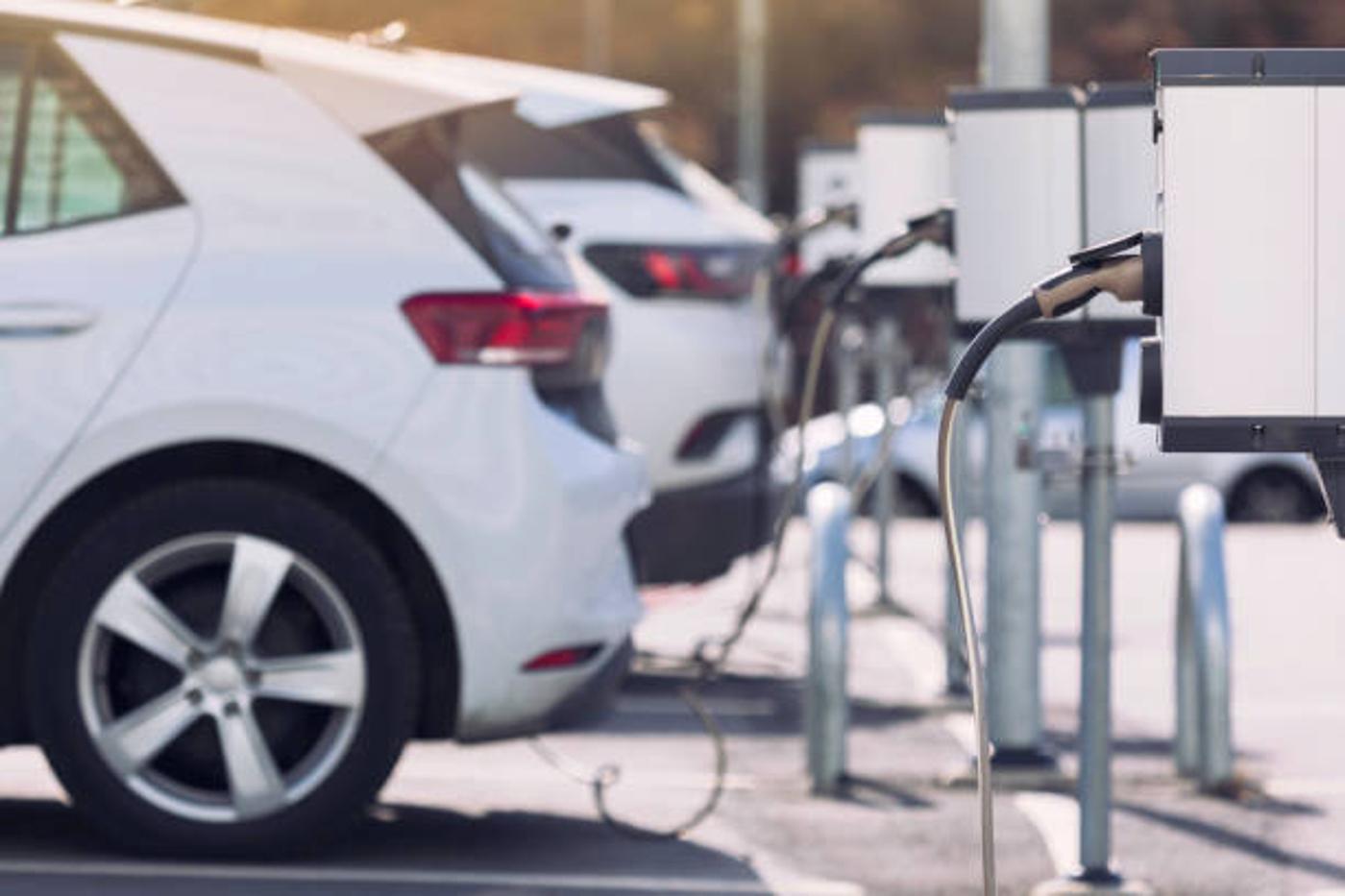
However, Kilmer goes on to say that, even for those with unlimited budgets who aren’t concerned about the ongoing cost of owning an EV, these cars are simply impractical.
He shares his personal experience with owning a BMW i3, stating that he struggled to replace something as simple as the lugnuts when his car got a flat tire. And he even reports that several other EV owners have shared similar frustrations.
Are EVs the Future of Transportation?

According to President Biden, electric vehicles are unquestionably the future of transportation in America. But whether or not that sentiment will prove to be true remains to be seen.
There is a big chance that the American people will push back against the president’s EV mandate over the coming years, especially if, after purchasing one, they find all the same issues that Kilmer noted in his video.
Other Factors to Consider

While Kilmer makes several points about the reality of owning an EV, there are additional costs to owning the more environmentally friendly car.
These problems may not take a toll on your wallet as much as it does on your mental health.
The Fear of “Range Anxiety”

Kilmer touched on the fact that EV charging infrastructure does not function in a way that makes EVs a practical everyday driver for all Americans. The lack of charging stations, and the lack of chagrin stations that work, have caused an uptick in “range anxiety.”
This anxiety, caused by not knowing if a working charging station will be near your location as your battery runs out of juice, is common.
EVs Have Less Range
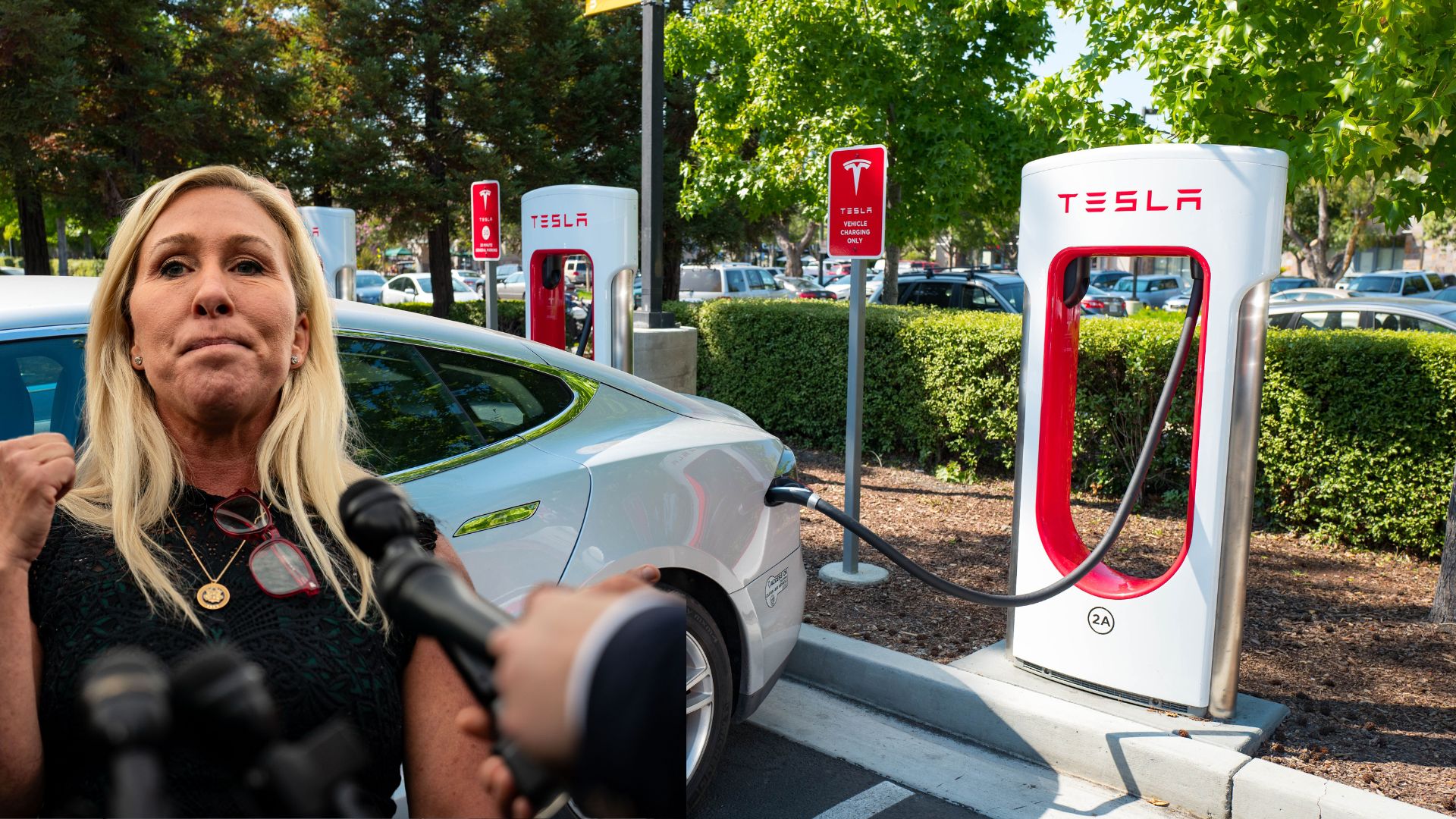
The average range of EVs is significantly less than that of a traditional ICE, which can vary from 100 to 300 miles depending on the vehicle. If you want a larger range, then you have to access the more expensive EVs.
These limitations and anxieties associated with range can be a significant factor that influences people away from adopting electric vehicles.
Living in a Charging Station Wasteland

Road tripping across the US isn’t something that many EV drivers can do. While the coast of California has plenty of charging stations for drivers, the Inland Empire and beyond became a “wasteland” for charging stations.
The fear of running out of power while on the road can cause anxiety for any driver who didn’t plan out where charging stations are along their route or who has access to a single charging station that doesn’t work.
The Death of an EV Battery
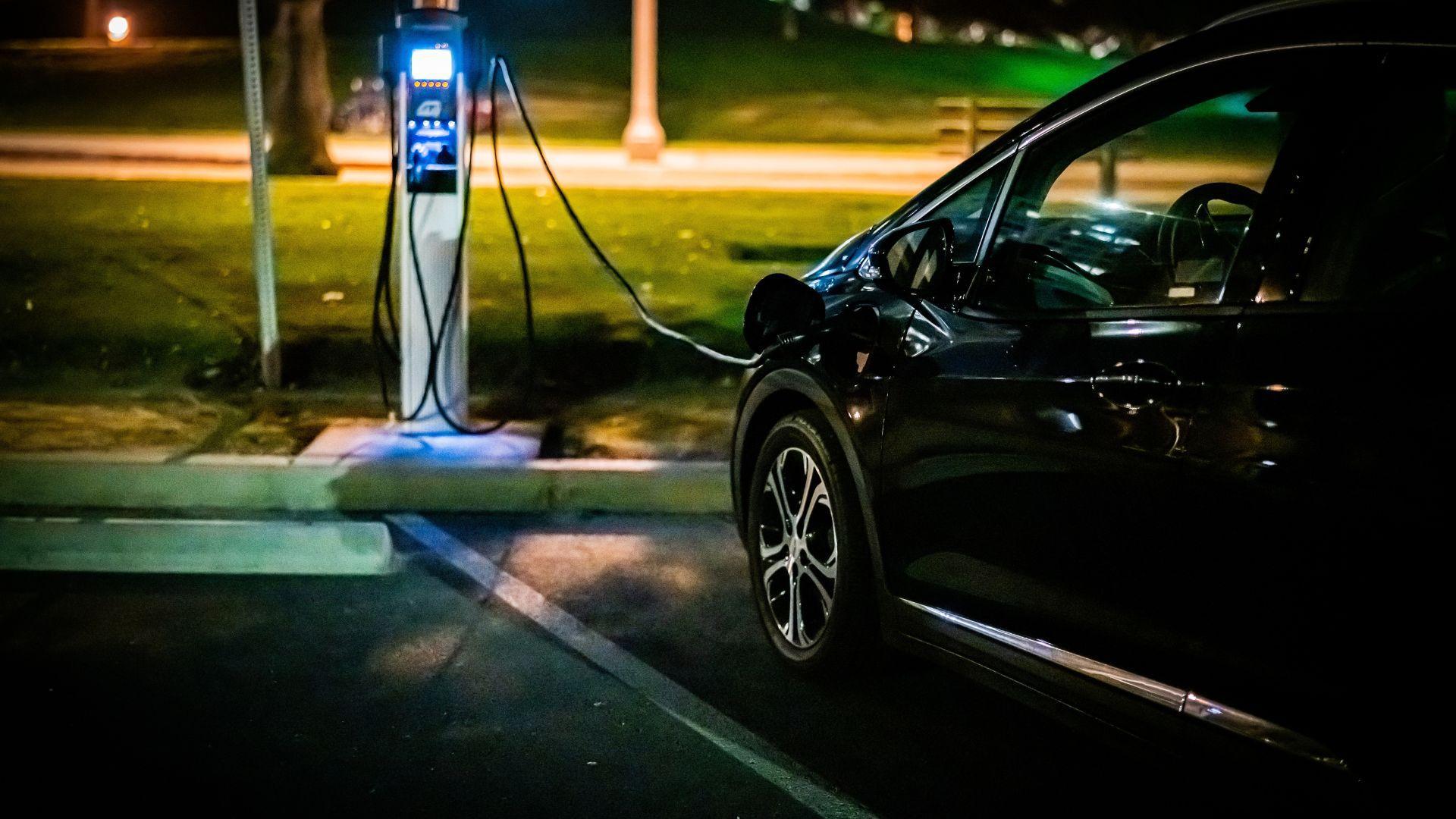
While electric car batteries have improved significantly over the years, battery degradation is still an issue that EV owners must think about before making their purchase.
Over time, the battery’s capacity to store and deliver power can decrease, resulting in a reduced driving range and the need for a costly replacement that Kilmer warned about.
Holding a Charge
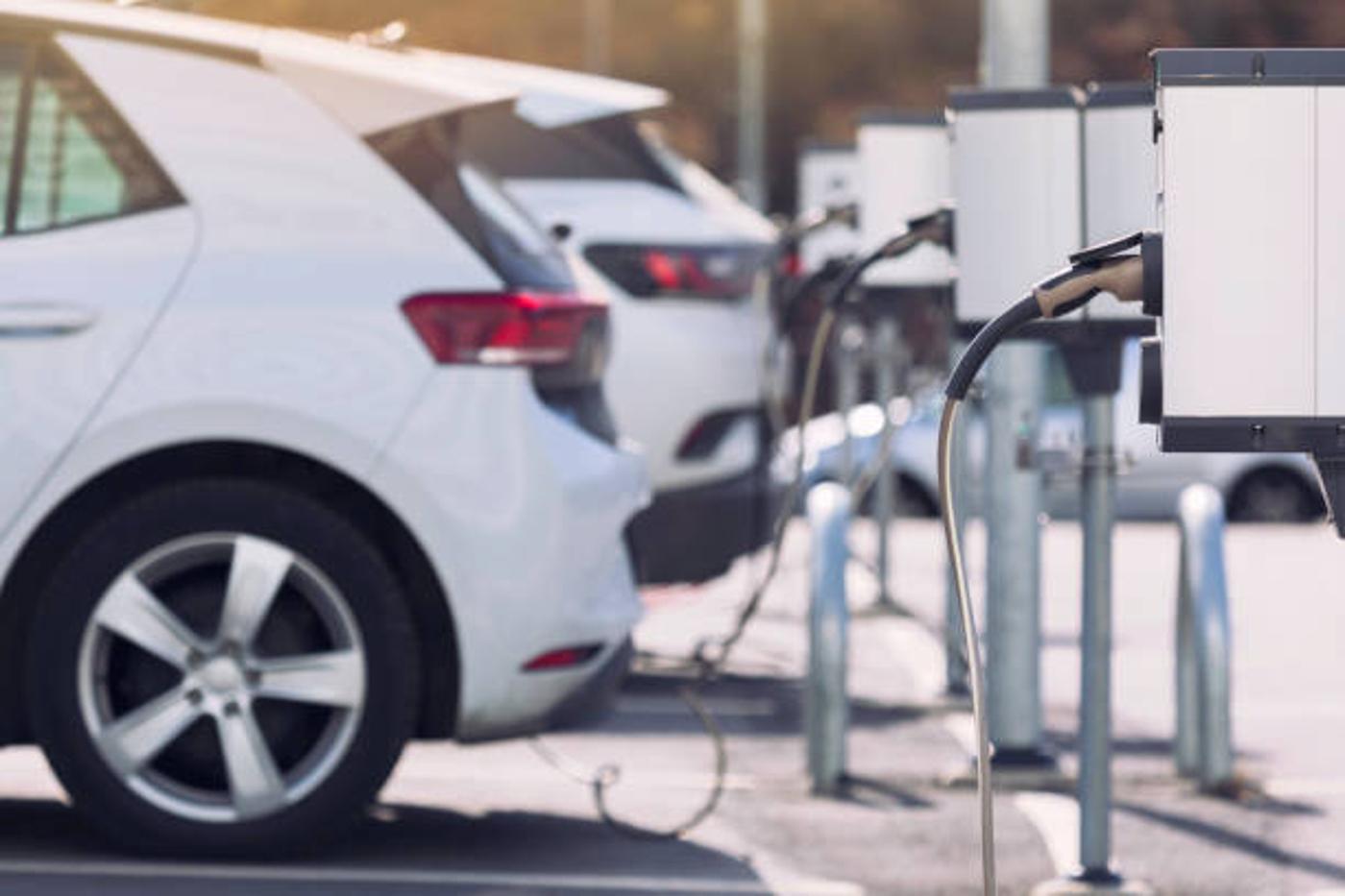
Car manufacturers are working to improve battery technology each day, hoping to extend the battery lifespan and reduce the likelihood of degradation. But an EVs inability to hold a charge can add up, either at home or on the road.
To help with the ongoing issues, some manufacturers offer warranties that cover battery degradation for a certain number of years or miles.
EVs Are a Time Commitment

Another uncomfortable truth about owning an electric car is the lack of charging speed compared to the speed of filling up at the gas station. While pumping gas in your car only takes about 5 minutes out of your travel time, recharging your EV can be a massive detour.
Even with fast charging stations, charging an EV takes significantly longer than filling up a gas tank. This could be an issue for drivers who need to charge their vehicles quickly.
Fast Charging Technology Isn’t Fast Enough
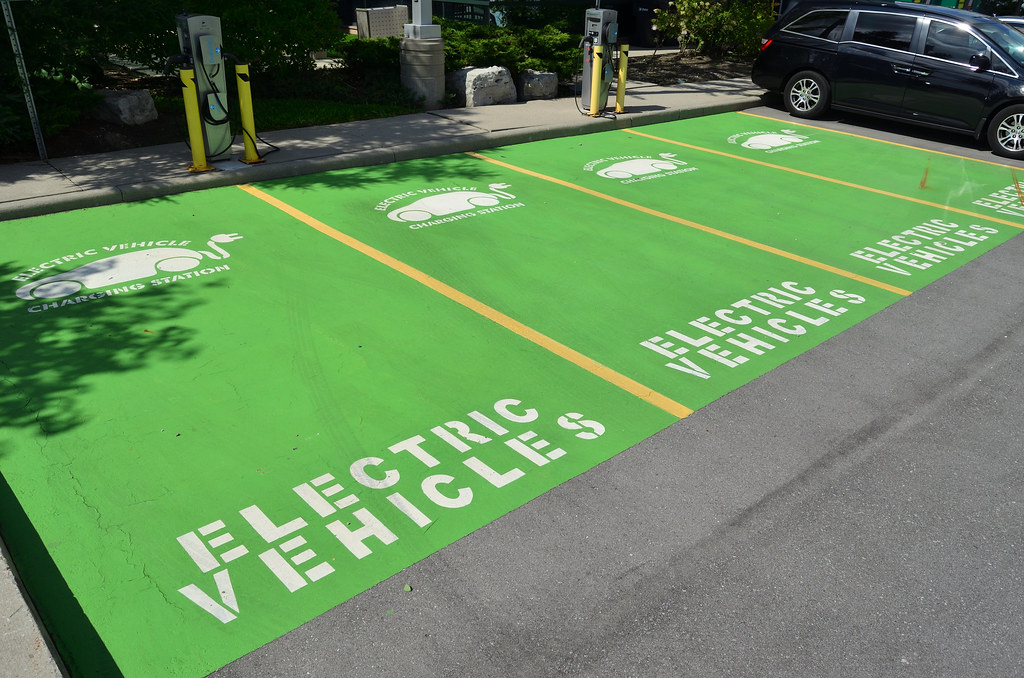
Open Grid Scheduler/Grid Engine/Flickr
There are some charging stations located near amenities like restaurants, grocery stores, or shopping centers, but drivers still have to take time out of their commute to commit to a necessary charging session.
A faster charging solution could help solve this issue, but the technology is not there at this moment.
Winter Weather Can Impact the Drive

Some states that have quickly adopted EVs don’t have to worry about winter weather creating significant issues for their cars. However, regions with freezing temperatures could see their batteries being significantly impacted by the cold weather.
Electric car owners might notice a significantly shorter driving range, longer charging times, and battery damage during the winter months.
Developing a Winter Proof EV

Freepik
EV car owners must take caution during the winter months when driving. While manufacturers are developing cold-weather packages and battery thermal management systems to address the issues, EV owners should still be aware that weather can impact their car’s performance.
This could mean longer charging times at home and on the road, creating a longer delay in their plans.
EVs Impact the Environment Due to This One Thing…

While EVs are a more environment-friendly solution to daily driving, they come with their own form of environmental impact. Recycling and disposal of EV batteries is a significant challenge because they contain several potentially hazardous materials like heavy metals and toxic chemicals.
It is worth noting that EV manufacturers are investing in battery recycling technology to make environmentally friendly battery materials, but technology has not allowed this dream to become a reality.
Maybe Wait to Buy an EV
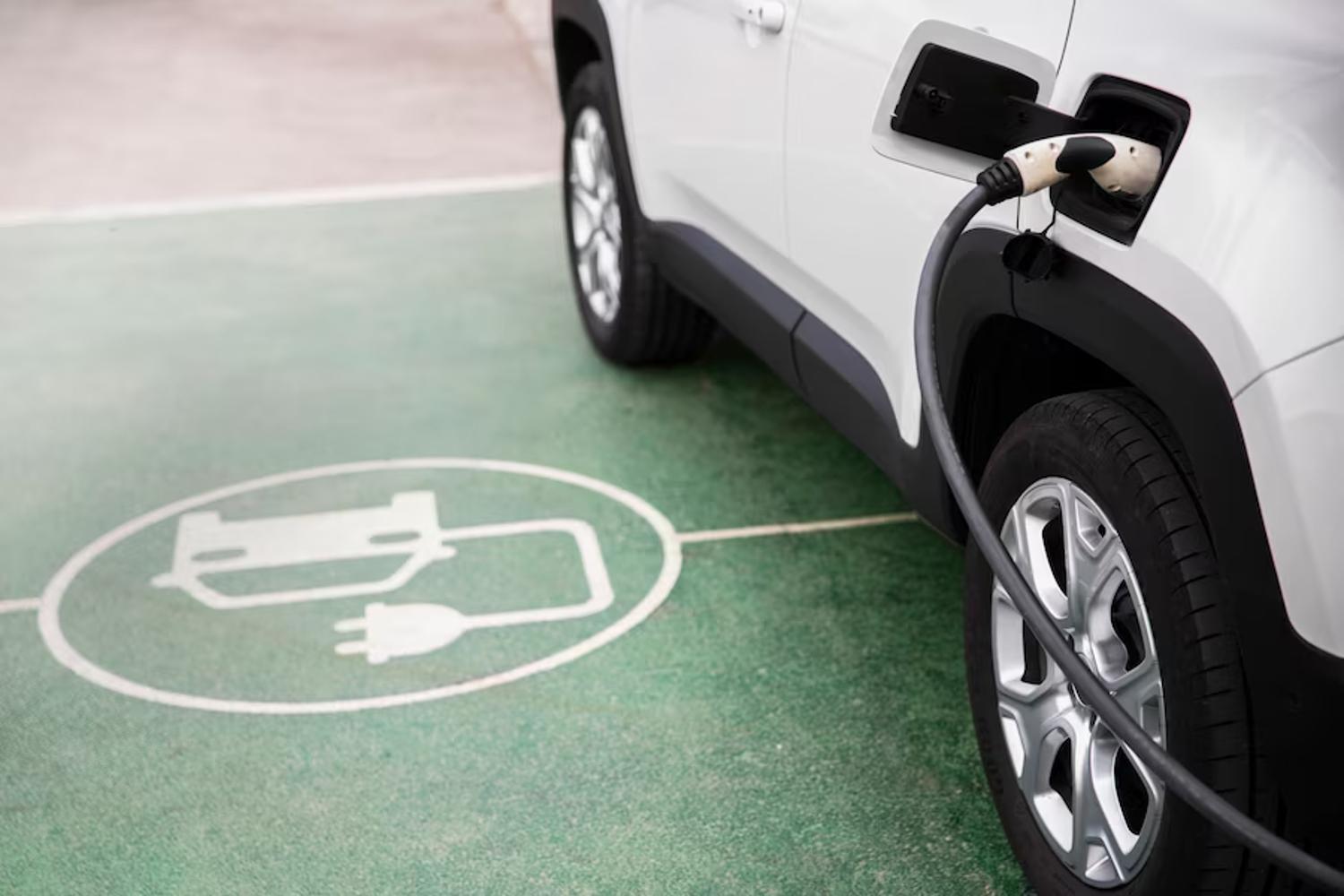
While EVs can be a great investment for drivers looking for a more environmentally friendly option for urban living, there are a lot of factors to consider before purchasing an EV.
The best solution would be to wait a few years to see how the infrastructure around charging changes and grows throughout the US, making driving in an EV a sustainable option compared to driving an ICE.








































